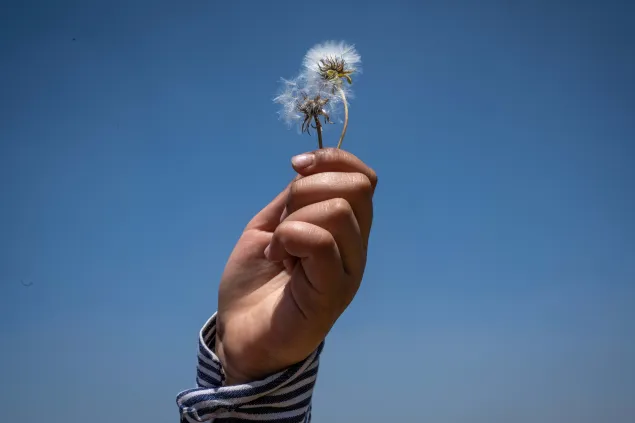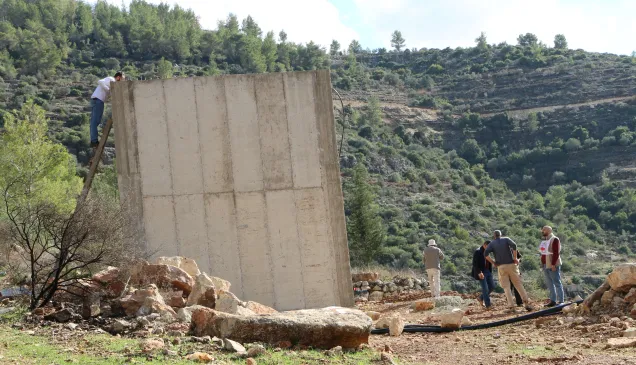It Has Changed My Life Forever
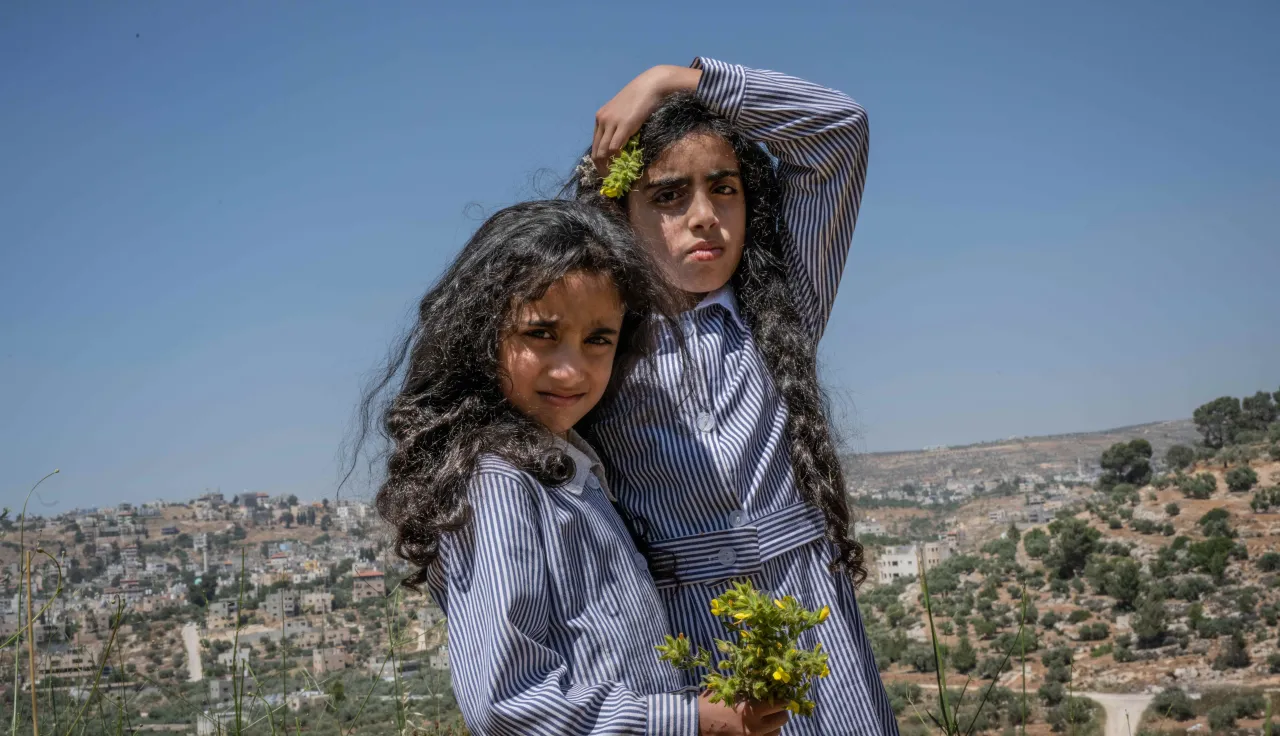
JABAL SABIH, West Bank — Since May 2021, ten Palestinians have been killed, including two children, and many were injured or left with disabilities as a result of confrontations in Jabal Sabih in Beita.
Amid attempts by Israeli settlers to re-establish an outpost on Jabal Sabih contrary to the law, Palestinian villagers have expressed their opposition in the form of marches and protests, bringing them into confrontations with the Israel Defense Forces (IDF).
Beita is home to 15,000 residents. Each household has gone through a misfortune over the last year. If you enter any house and ask what they've been through, it is either that they have lost someone, faced injury, or have someone in the family who is disabled or imprisoned," explained Saeed Mohammad Ahmad Hamayil, whose 16-year-old son, Mohammad, was killed last June.
These are five testimonies we collected in Beita about how their lives have changed since the confrontations started in 2021.
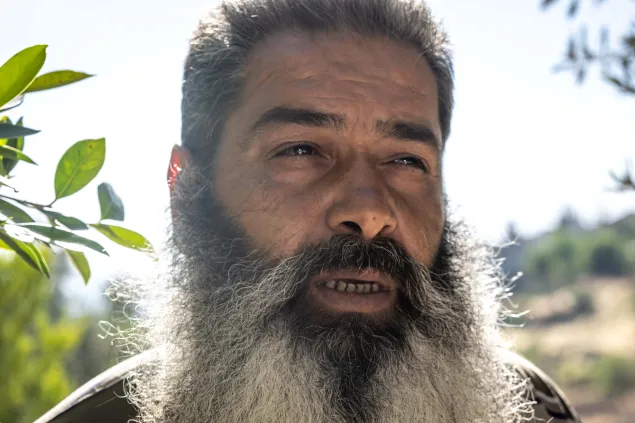
A devastated father - Saeed Mohammad Ahmad Hamayil, 49 years old, whose son was killed two months shy of 17
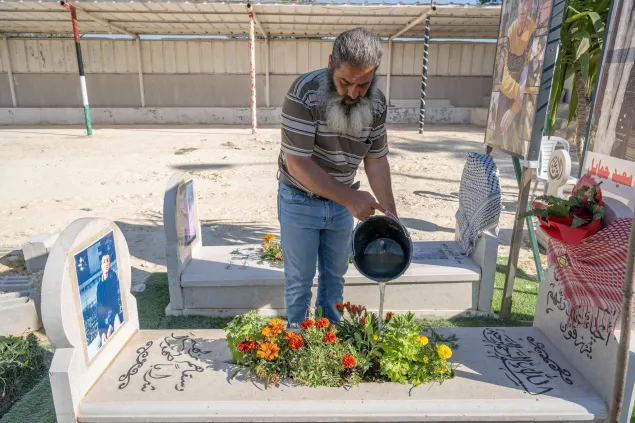
A devastated father - Saeed Mohammad Ahmad Hamayil, 49 years old, whose son was killed two months shy of 17
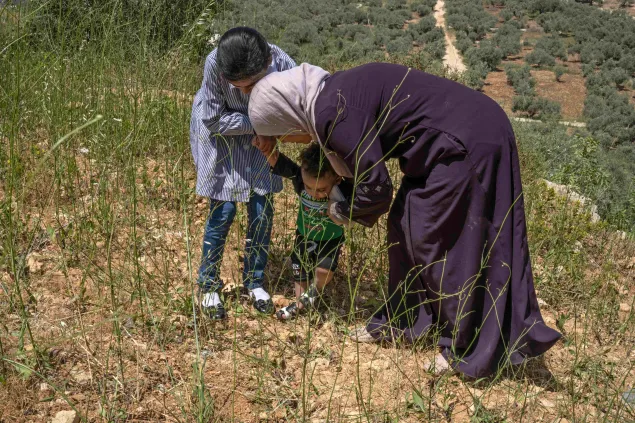
He was my love - Um Ali, widow of Imad Ali Dweikat
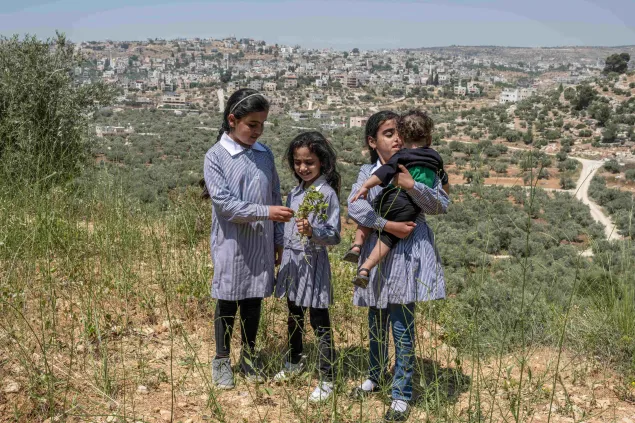
He was my love - Um Ali, widow of Imad Ali Dweikat
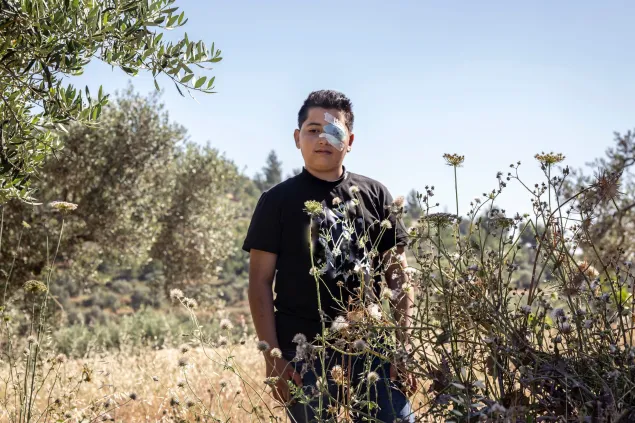
He is cautious to save his other eye - Rayan, 12-year-old child who lost his eye
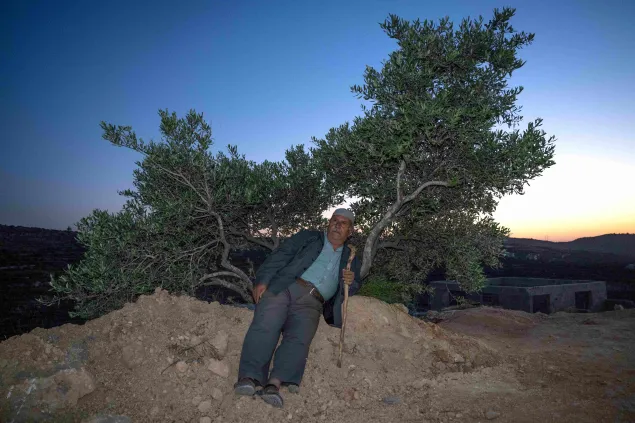
We never left the mountain - Abu Jareh
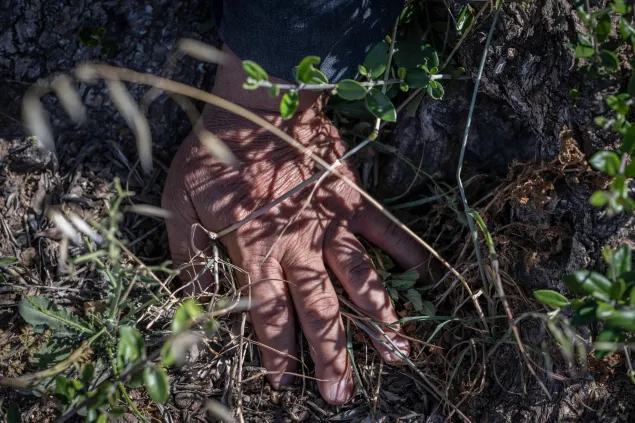
We never left the mountain - Abu Jareh
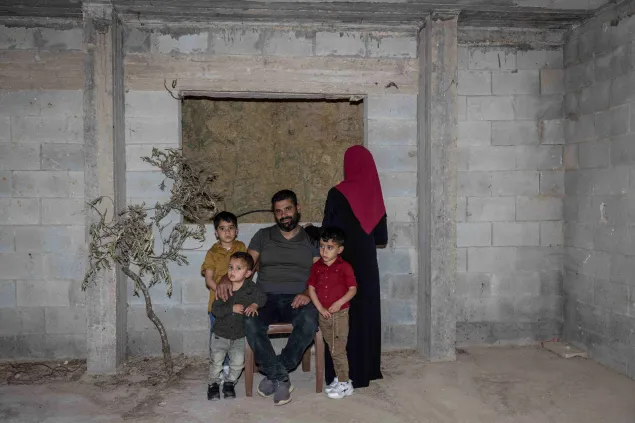
One year with no income – "I don't know how we're going to survive" - Nimer Suleiman, 33-year-old construction worker
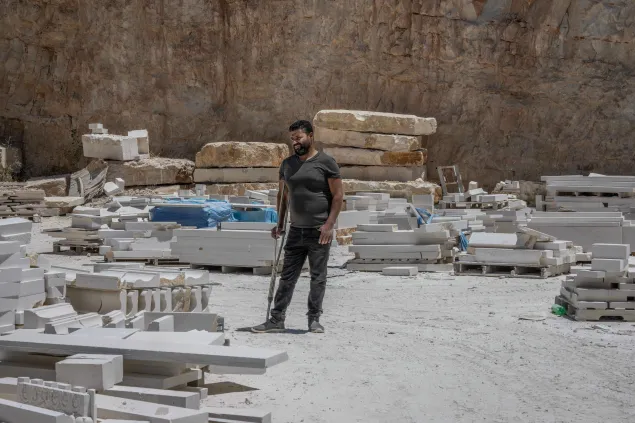
One year with no income – "I don't know how we're going to survive" - Nimer Suleiman, 33-year-old construction worker
